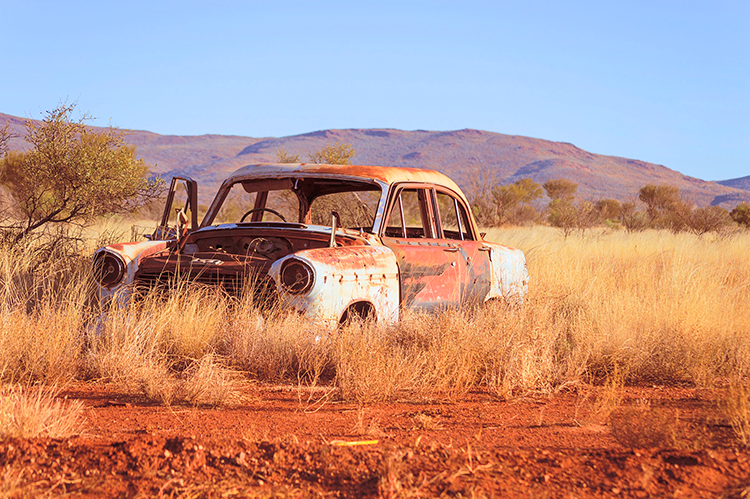In an ideal situation you should not be out washing your car in hot weather or direct sunlight. There are a lot of different reasons, but the main one is that the soap residue and rinse water can quickly dry onto the surface of the paintwork resulting in unsightly water spotting, streaking and drip marks which can often be difficult to remove. Also, this can actually damage the paintwork too. However, you cannot always wash your vehicle in complete shade or cool conditions, especially here in the Southeast where the heat and sun is often unavoidable. You do not necessarily have to battle against the heat whilst trying to safely and properly wash your car. There are a number of things that can be done to minimize the difficulties and potential of damage being done washing your car in hot weather:
Find Some Shade
The easiest thing to do by far is get under some shade. Washing and drying your vehicle is best done in the summer when you have a nice shady spot to do so.
Time of Day
If finding some shade is not possible, the next best thing to do is to wash your vehicle earlier in the morning before the heat of the sun begins to really set in, or later on in the evening when temperatures have dropped and the sun is at a lower level in the sky.
Proper Products
There are some car wash products that are far better for using in the heat and direct sunlight. Pick a car wash shampoo that has a mild, gentle, PH neutral and wax friendly formula that contains only high quality ingredients. And preferably natural. Certain products will considerably increase the likelihood of stubborn residue.

Is it Something in the Water?
Here in the Savannah area, hard water can be issue and can contribute greatly to water spotting and streaking when washing in the heat. Deposits and contaminants in the water dry and bond onto the surface after the actual water has evaporated. These deposits leave hard to remove marks in the finish of your paintwork. If you really enjoy washing your vehicle at home often, there are filtration units available that can eliminate the deposits and purify the water. These are called “Spot Free Water De-Ionizer Systems” and means that you can wash your vehicle and be left fewer water marks — even without drying.
Everything in its Place
When washing your vehicle in the summer, one of the easiest things to do is to ensure that you have all the equipment and products you need ready and close at hand. Have your wash and rinse buckets filled and ready. Have your hose uncoiled and ready, and be sure to have all of your other tools, brushes, etc. set up to go. Spending less time moving about and looking for things during washing will help you be efficient, reducing the chance of water drying onto the surface of your vehicle. As usual, when washing your car like a pro, start with the wheels first. Unlike your usual routine though, the whole vehicle should not be washed in one go. Instead, wash and rinse a panel at a time beginning at the top of the vehicle and working your way down.
Clean Smarter
Make sure you remember to give your vehicle a good cleaning, polish and coat of wax in spring to make maintaining your vehicle’s finish in the harsh summer that much easier. If you are on the water and get saltwater and sand on your vehicle make sure to rinse it off as soon as possible. And consider more often using a waterless car wash product or high quality detailing spray as part of your cleaning routine. This will help mitigate the possibility of water marks but it needs to be done on a regular basis — and only on your car before it is covered in water spots.










